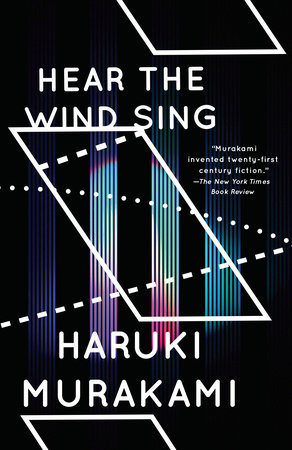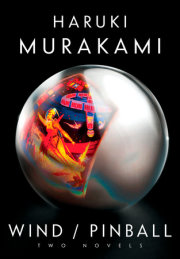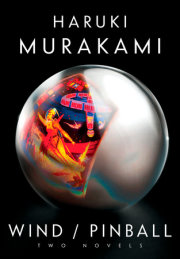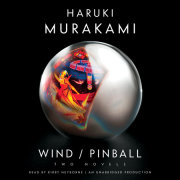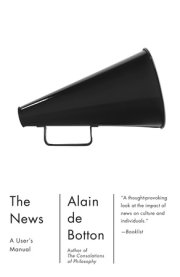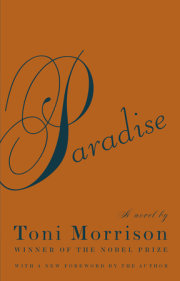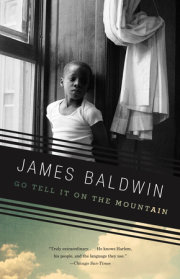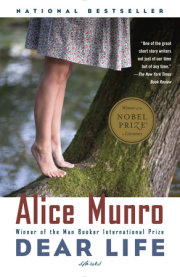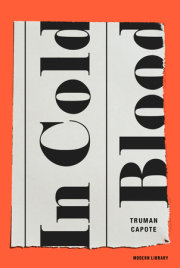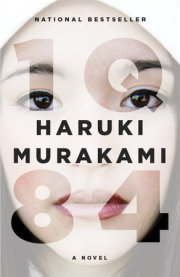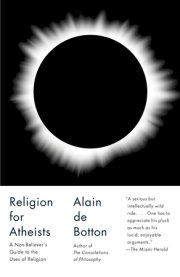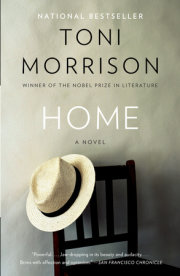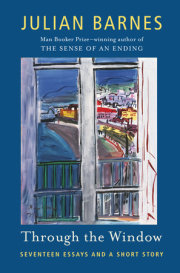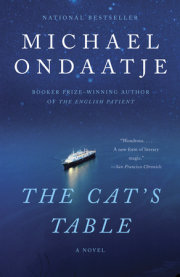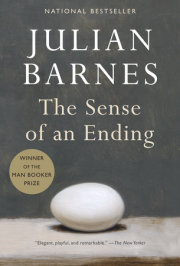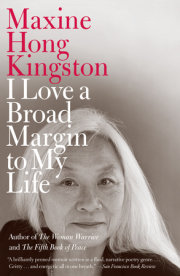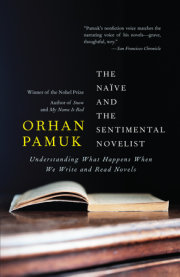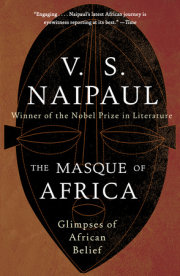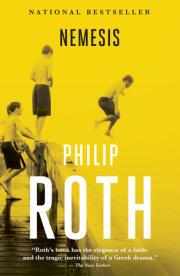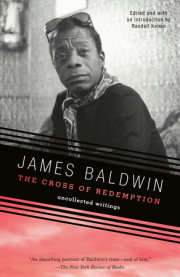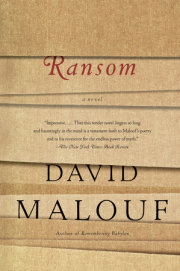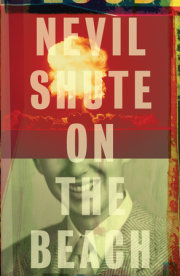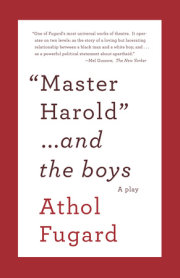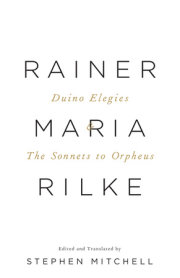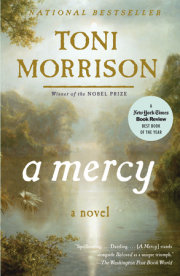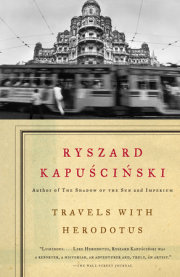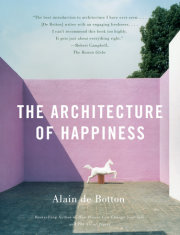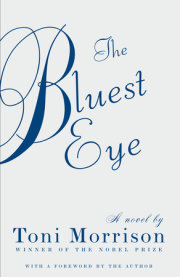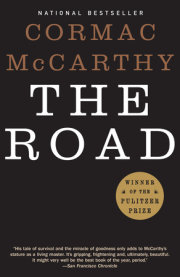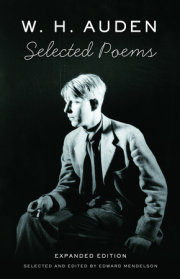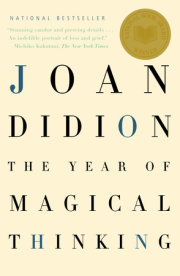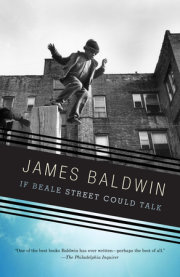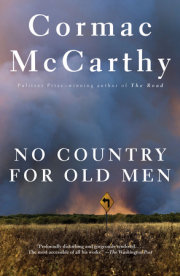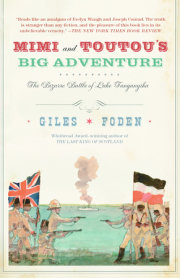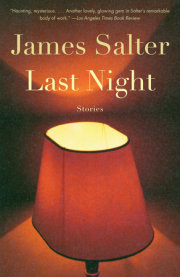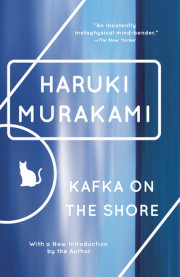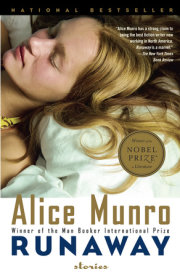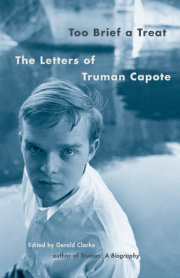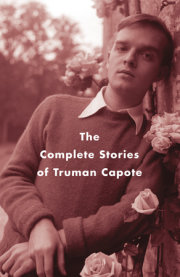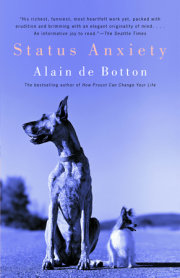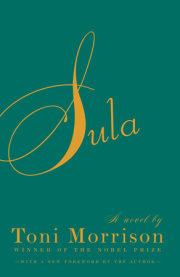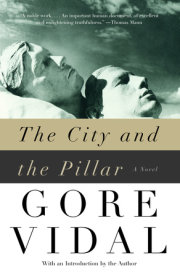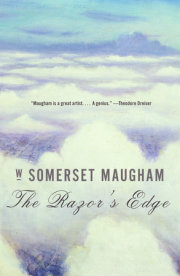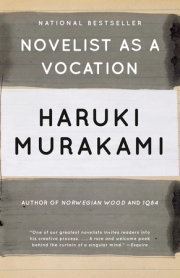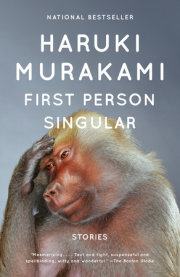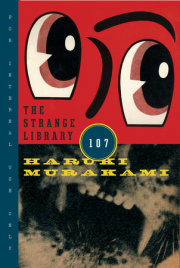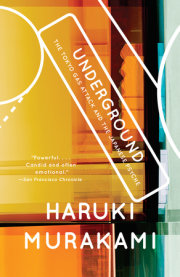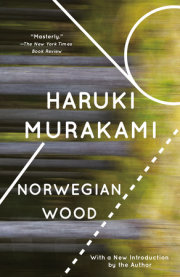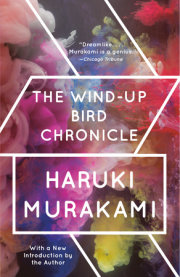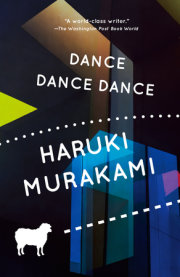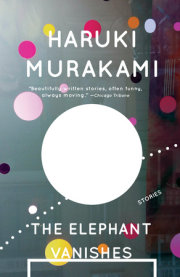The twins woke me up on Thursday morning. Fifteen minutes earlier than usual, but what the heck. I shaved, drank my coffee, and pored over the morning paper, so fresh from the press that its ink looked ready to smear my hands.
“We have a favor to ask,” said one of the twins.
“Think you can borrow a car on Sunday?” said the other.
“I guess so,” I said. “Where do you want to go?”
“The reservoir.”
“The reservoir?”
They nodded.
“What are you planning to do at the reservoir?”
“Hold a funeral.”
“Who for?”
“The switch panel, of course.”
“I see,” I said. And went back to my paper.
Unfortunately, a fine rain was falling Sunday morning. Not that I knew what sort of weather befitted a switch panel’s funeral. The twins never mentioned the rain, so neither did I.
I had borrowed my business partner’s sky-blue Volkswagen Beetle. “Got a girl now, huh?” he asked. “Mm,” I answered. His son had smeared milk chocolate or something all over the backseat, leaving what looked like bloodstains from a gunfight. Not a single one of his cassette tapes was any good, so we spent the entire hour-and-a-half trip in silence. The rain grew stronger, then weaker, then stronger, then weaker again, at regular intervals. A yawn-inducing sort of rain. The only constant was the steady whoosh of oncoming traffic speeding by on the paved road.
One twin sat in the front passenger seat, the other in the backseat, her arms around a thermos bottle and the shopping bag that held the switch panel. Their faces were grave, appropriate for a funeral. I matched my mood to theirs. We maintained that solemnity even when we stopped to eat roasted corn. All that broke the silence was the sound of kernels popping off the cob. We gnawed the cobs bare, tossed them away, and resumed our drive.
The area turned out to be populated by hordes of dogs, who milled around in the rain like a school of yellowtail in an aquarium. As a result, I spent a lot of time leaning on the horn. The dogs showed no interest whatsoever in either the rain or our car. In fact, they looked downright pissed off by my honking, although they scampered out of the way. It was impossible, of course, for them to avoid the rain. They were all soaked right down to their butt holes—some resembled the otter in Balzac’s story, others reminded me of meditating Buddhist priests.
One of the twins inserted a cigarette between my lips and lit it. Then she placed her little hand on the inner thigh of my cotton trousers and moved it up and down a few times. It seemed less a caress than an attempt to verify something.
The rain looked as if it would continue forever. October rains are like that—they just go on and on until every last thing is soaked. The ground was a swamp. It was a chilly, unforgiving world: the trees, the highway, the fields, the cars, the houses, and the dogs, all were drenched.
We climbed a stretch of mountain road, drove through a thick stand of trees, and there was the reservoir. Because of the rain there wasn’t a soul around. Raindrops rippled the water’s surface as far as the eye could see. The sight of the reservoir in the rain moved me in a way I hadn’t expected. We pulled up next to the water and sat there in the car, drinking coffee from the thermos and munching the cookies the twins had bought. There were three kinds—buttercream, coffee cream, and maple—that we divided up into equal groups to give everyone a fair share.
All the while the rain continued to fall on the reservoir. It made very little noise. About as much as if you dropped shredded newspaper on a thick carpet. The kind of rain you find in a Claude Lelouch film.
We ate the cookies, drank two cups of coffee each, and brushed the crumbs off our laps at exactly the same moment. No one spoke.
“Shall we?” one of the twins said at last.
The other nodded.
I put out my cigarette.
Leaving our umbrellas behind, we picked up the switch panel and marched to the end of the dead-end bridge that jutted out into the water. The reservoir had been created by damming a river: its banks followed an unnatural curve, the water lapping halfway up the mountainside. The color of the water suggested an eerie depth. Falling drops made fine ripples on the surface.
One of the twins took the switch panel from the paper bag and handed it to me. In the rain it looked even more pathetic than usual.
“Now say a prayer,” one of the twins said.
“A prayer?” I cried in surprise.
“It’s a funeral. There’s got to be a prayer.”
“But I’m not ready,” I said. “I don’t know any prayers by heart.”
“Any old prayer is all right,” one said.
“It’s just a formality,” added the other.
I stood there, soaked from head to toenails, searching for something appropriate to say. The twins’ eyes traveled back and forth between the switch panel and me. They were obviously worried.
“The obligation of philosophy,” I began, quoting Kant, “is to dispel all illusions borne of misunderstanding . . . Rest in peace, ye switch panel, at the bottom of this reservoir.”
“Now throw it in.”
“Huh?”
“The switch panel!”
I drew my right arm all the way back and hurled the switch panel at a forty-five-degree angle into the air as hard as I could. It described a perfect arc as it flew through the rain, landing with a splash on the water’s surface. The ripples spread slowly until they reached our feet.
“What a beautiful prayer!”
“Did you make it up yourself?”
“You bet,” I said.
The three of us huddled together like dripping dogs, looking out over the reservoir.
“How deep is it?” one asked.
“Really, really deep,” I answered.
“Do you think there are fish?” asked the other.
“Ponds always have fish.”
Seen from a distance, the three of us must have looked like an elegant memorial.
Copyright © 2015 by Haruki Murakami. All rights reserved. No part of this excerpt may be reproduced or reprinted without permission in writing from the publisher.

